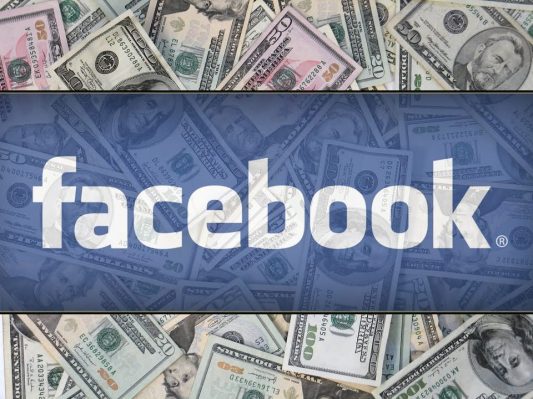Facebook will IPO in April or June 2012, right on time with our prediction and when it would need to start filing public financial reports, according the the Wall Street Journal. The outlet’s sources say Facebook could raise $10 billion at a $100 billon valuation, and hasn’t chosen which banks to go with yet. But is this the right move? To date, Facebook has been conservative with monetization and progressive with product development. It minimizes ad real-estate in favor of maintaining a healthy user experience for the long term, and pushes products people might not warm up to for years. But outside stockholders could detract from Facebook’s vision and momentum. They could push for faster returns, and pressure the company to display more ads, turn mobile into a direct revenue stream, and play it safe with product. This might produce short-term gains, but could hamper what CEO Mark Zuckerberg has built into a core communications utility for the world.
Most people don’t get just how long-term Facebook is thinking. Many of its product decisions cause public unrest because Facebook is planning for 3, 5 or 10 years from now, even if that means making people uncomfortable today. Users weren’t ready for the news feed when it launched, now it’s beloved. Frictionless sharing and Sponsored Stories could be seen as scary re-appropriations of user actions, but social ads and publishing our offline and off-site activity are where the future is headed.
Facebook may be going public not to comply with the 500-shareholder rule. It could move to file public financial reports instead. The IPO may actually be designed to keep top employees who want some liquidity. But that stock could fall into the hands of those who don’t have the service’s long-term success in mind. Even just 10% outside control could add a lens of “what will this do to the stock price?” to every decision.
Stockholders could hinder Facebook’s forward-thinking, fail-fast culture. They’re not locked in. They can push for immediate monetization, then cash out. They could ask for banner ads, larger sidebar ads, or worse, ads within the news feed. They won’t be keen on Facebook’s ad-less mobile site or apps, because they don’t care about 5 years from now when Facebook is primarily accessed on the go.
In addition to aggressively advancing monetization, stockholders could rail against the product’s evolution. Changes that disrupt user behavior and ask people to be more open might cause temporary stock price dips they don’t want. Instead, they could turn Facebook into Microsoft, slowing innovation and making it vulnerable to more agile competitors.
Zuckerberg has been careful to retain power by keeping control of an extra seat on Facebook’s board of directors. He’ll need to do the same to safeguard the company’s steering wheel from stockholders. That could be as simple as a company-wide edict to ignore the stockprice and stockholders, or making sure more stock doesn’t drain from the company. But while Facebook still internally debates the exact IPO date, it should be conscious of the threat of stockholders and plan how to minimize their impact.
If Facebook continues to innovate, buy up great talent, focus on the user experience, and leverage its network effect, it has the potential to become much more valuable than $100 billion down the road. Great leadership from people who truly believe in the company’s mission to make the world more open and connected first and profit second have made Facebook the backbone of online identity. But the biggest challenge may not come from Twitter, Google+, or government intervention. It could come from those with greed but without vision.
[Image Credit: People Against FB IPO Facebook Page]
